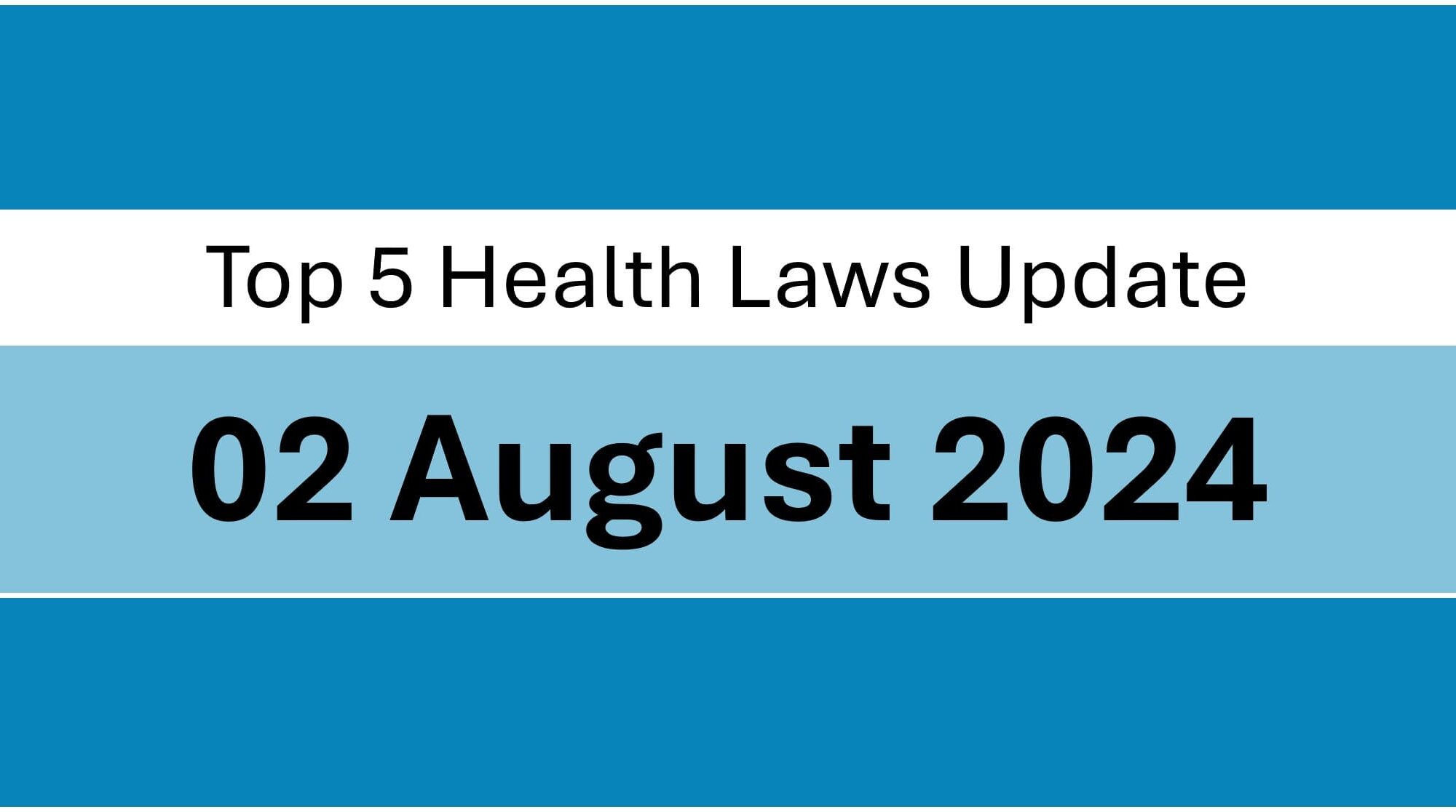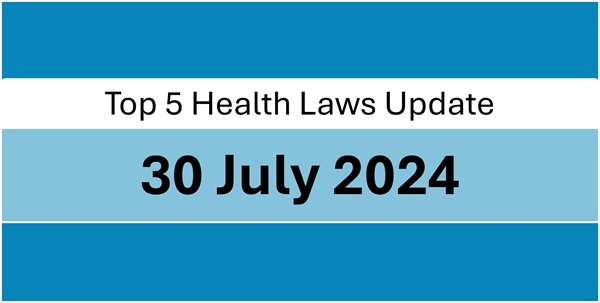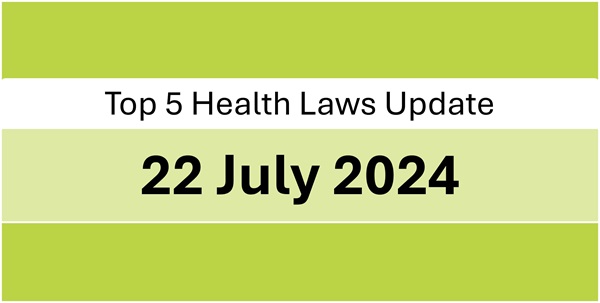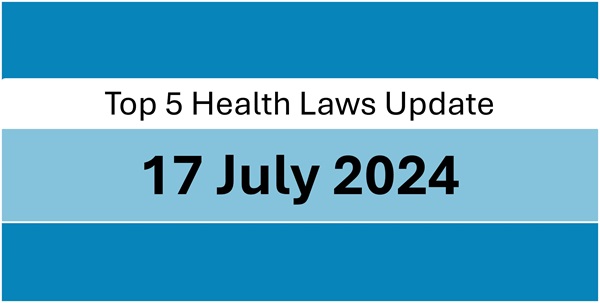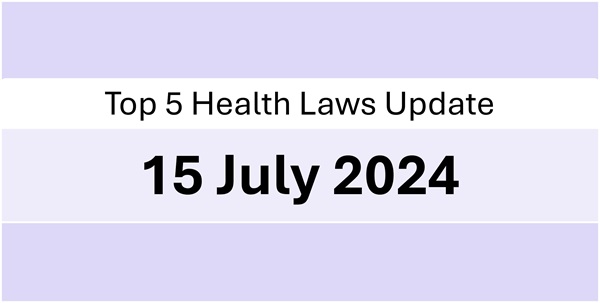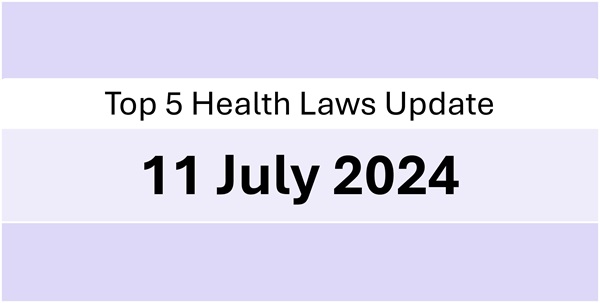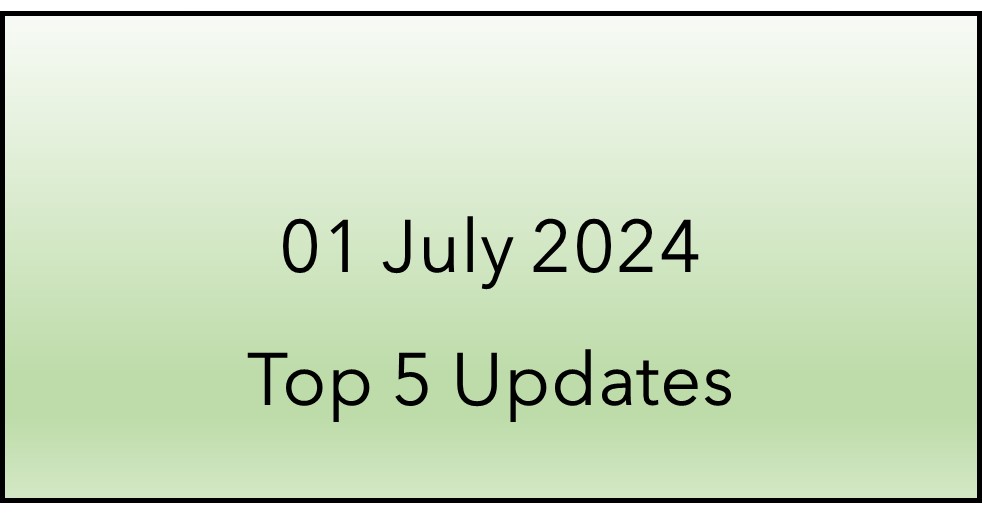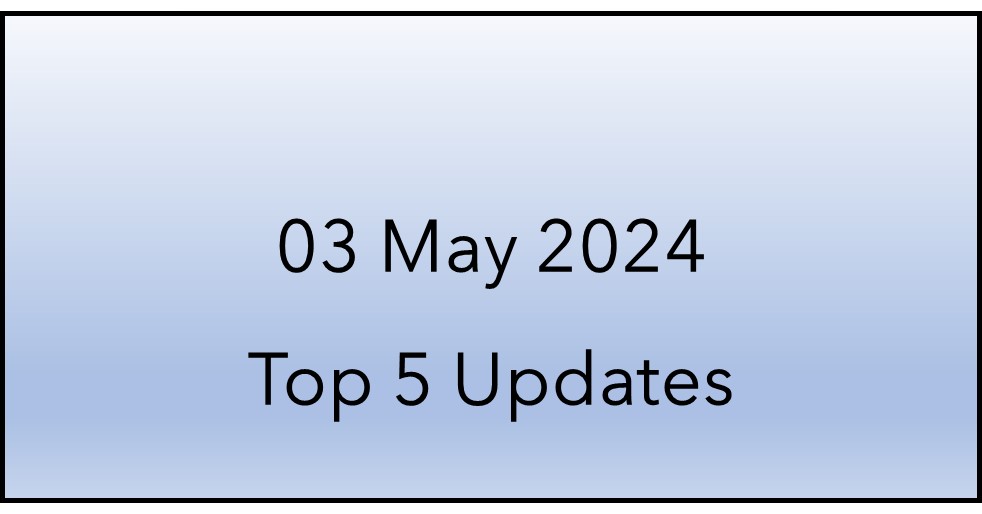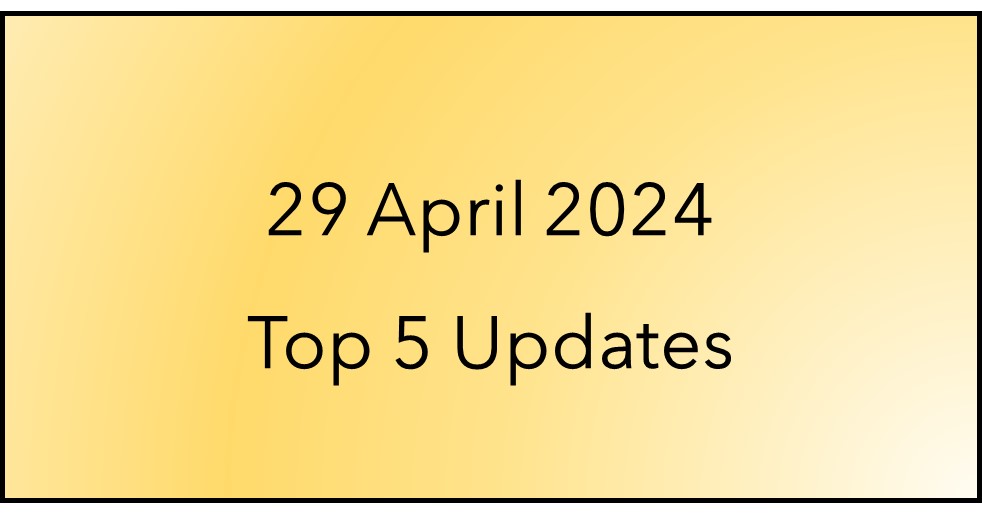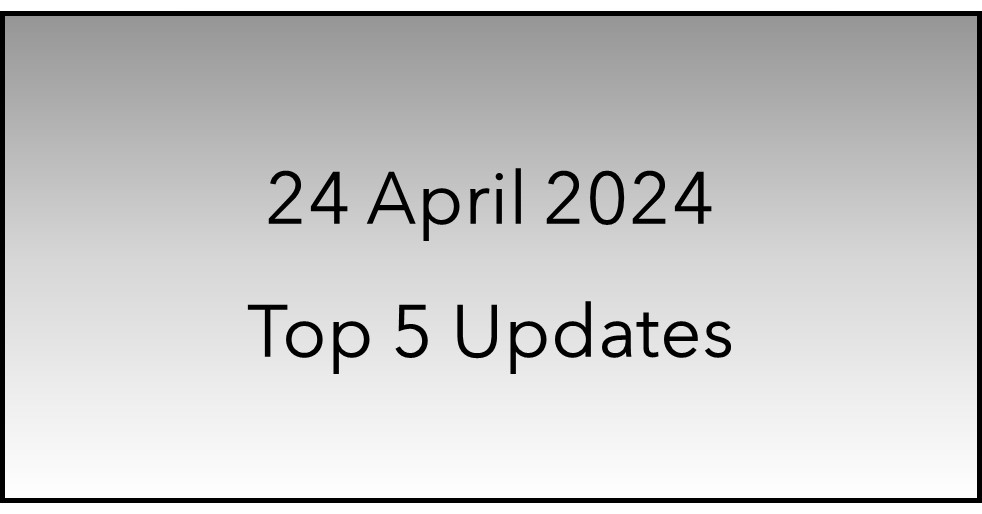Dear Reader, we are happy to share the most interesting legal and policy updates concerning health industry that we read today. We hope you enjoy reading it.
1. India’s Central Board of Indirect Taxes and Customs (CBIC) has restored the concessional 10% import duty on lab chemicals starting August 1, with the condition that the importers declare that the goods will be used for lab or R&D purposes only, and will not be traded or sold after import. However, undenatured ethyl alcohol remains excluded and continues to face a 150% duty.
Source: bit.ly/3yjWrPv
2. India’s Union Health Ministry has urged the Board of Control for Cricket in India (BCCI) and the Sports Authority of India (SAI) to take measures to prevent surrogate advertising of tobacco and alcohol products by sportspersons. This move aims to curb indirect promotion of such products through sports sponsorship and advertising, and to safeguard public health and prevent the normalization of tobacco and alcohol consumption.
Source: bit.ly/3WKcaRg
3. India’s Union Minister, on behalf of life insurance corporation employees, has requested India’s Finance Minister to withdraw the 18% GST imposed on life and medical insurance premiums as high tax rate is burdensome and could negatively impact the accessibility and affordability of essential insurance services.
Source: bit.ly/4c5QXWd
4. India’s state consumer forum has directed an insurance company to pay the mediclaim to the claimant on the grounds that pre-existing conditions of diabetes mellitus cannot be the cause for cardiac arrest as diabetes is a lifestyle related ailment and denial of entire mediclaim is not acceptable when such ailment is so pervasive in India.
Source: bit.ly/4d6iDLZ
5. India’s AYUSH ministry has disclosed that it has received 38,539 complaints of misleading advertisements related to Ayush drugs in the last seven years. These complaints have been reported to the State Licensing Authorities (SLAs) for further action.
Source: bit.ly/4c84cpt

